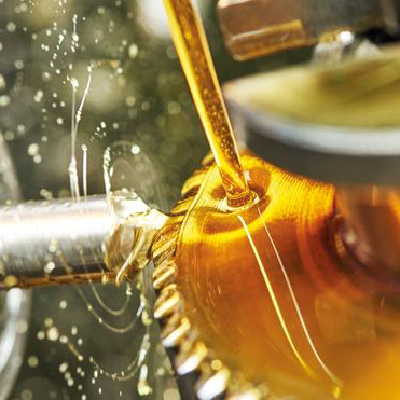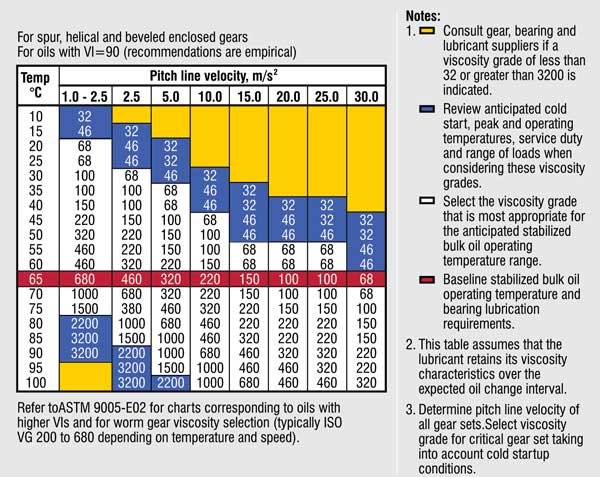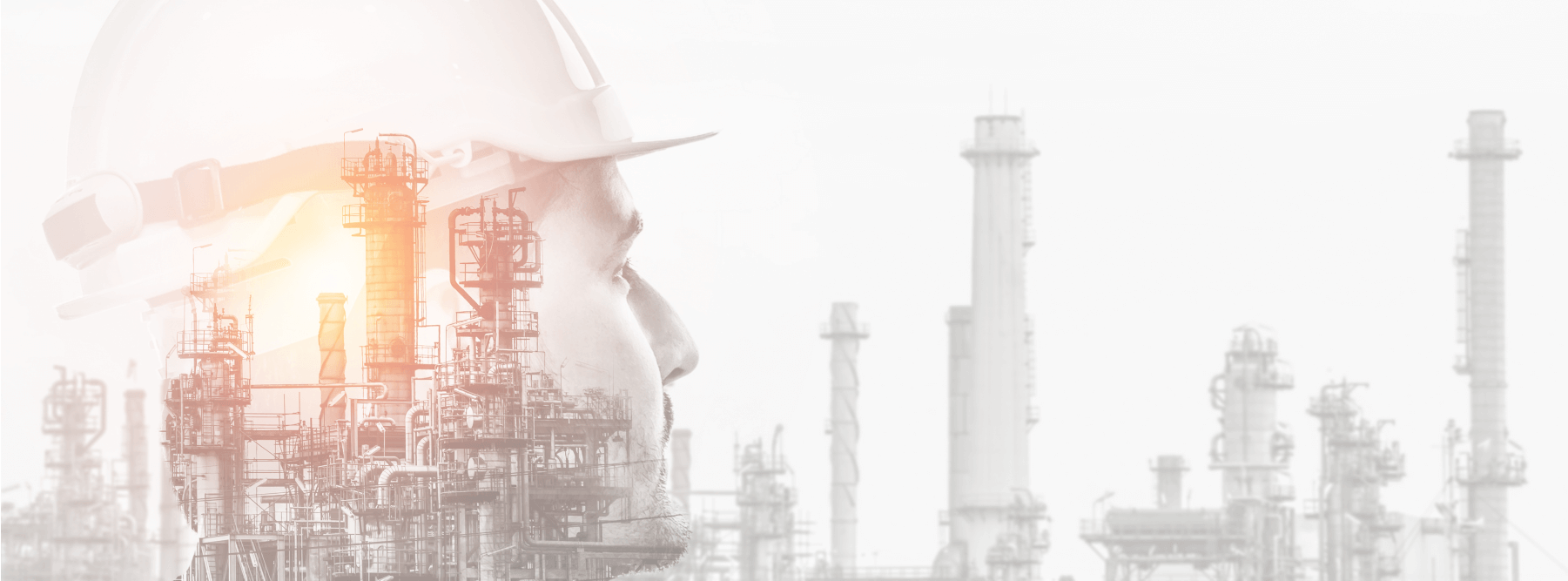Industrial machinery is used in a variety of settings. Hot, chilly, damp, dry, dusty, and/or with fluctuating loads are all possibilities.
The most recent gearboxes are smaller and composed of lightweight materials. With the recent improvements, plant managers anticipate improved performance, reduced downtime, and increased output. Many aspects must be considered when selecting lubricants for the correct gear oil such as:
- product availability
- operating conditions
- desired lubricant brand
- product consolidation efforts
Knowing this information, allows for wider options instead of simply selecting a product from the maintenance manual. A good lubrication program starts with the right lubricant selection. As a result, when it comes to maintaining your machine's gearbox, it's critical that the gear oil you purchase meets all of the machine's requirements.
Choosing the Right Type of Gear Oil

Viscosity
The viscosity of gear oil is mostly determined by the desired film thickness between interacting surfaces at a given speed and load. Because the weight is assumed and difficult to determine, speed becomes the deciding issue. Internal fluid friction generates heat in very viscous oils, which may require more power to spin the gears. Less viscous lubricants pass through the filtration system more easily, minimizing the risk of gear and bearing damage and extending the life of the equipment.
ANSI (American National Standards Institute) and AGMA (American Gear Manufacturers Association) standard ANSI/AGMA 9005-E02 are the most common methologies for viscosity determination. The chart below is used as a reference for spur, helical, and beveled enclosed gears. Gear set type, gear geometry, operating temperature, and the speed of the slow speed gear must also be determined when using such methodology in determining the right viscosity for your gearbox.

Source: machinerylubrication.com
The operating circumstances will determine which gear lubricant is optimal for a certain application. Next, decide on the additives you want in your oil, whether you want rust and oxidation (R&O) inhibited, extreme pressure (EP), or compounded gear oil. Heavy loads, slow speeds, and shock loads are all conditions that necessitate EP gear oils. Under boundary lubrication conditions, antiwear additives can be employed to give wear prevention.
A synthetic fatty acid is added to compound gear oils to improve lubricity and film strength. Because of the unfavorable effects of EP additives and the sliding contact, they are generally used in worm gear applications. The pressure-viscosity coefficients of high-quality mineral base oils are often higher than those of popular synthetic oils. Some synthetic oils may also have higher lubricity, reducing friction in sliding contacts.
To swiftly separate any water, gear oils should have strong demulsibility qualities. The capacity to quickly remove water from the system helps both the gearbox and the oil last longer. It's critical to perform a used oil analysis as directed by the supplier to identify when the oil needs to be maintained or replaced.
Factors that Define the Right Gear Oil
When it comes to selecting the correct gear oil, the following criteria must be followed for the greatest outcomes:
- Gearbox type - dimensions, the metal used for teeth, sliding properties and gear ratio, open or closed casing
- Operating conditions - depending on the load, vibration and shock levels, anti-wear and extreme pressure properties
- Service oil temperature
- Machine environment and maintenance conditions
After these considerations have been made, the following criteria for selecting gear oil become relevant:
Viscosity – One of the most important properties of lubricating oils
Additives – This determines the category and affects specific performance properties under operating conditions
Base Oil – Determines the overall operating conditions, gear type, and other factors.
Additives
Additives are organic or inorganic chemicals that are dissolved or suspended in oil as solids. Antioxidants, corrosion inhibitors, anti-foam agents, and emulsifying agents can improve the qualities of base oils. Extreme pressure additives, detergents, and other additions can be used to suppress unwanted base oil qualities.
Viscosity
A gear lubricant's viscosity is essentially determined by the desired film thickness between interacting surfaces at a given speed and load. The viscosity of oil ensures that all of the mechanisms inside the equipment are properly lubricated and that oil runs through every part and component with little friction between the metals, preventing wear and tear.
Base Oil
The quality of your base oil is critical in deciding how well your gear oil performs. Mineral-based oils have larger pressure-viscosity coefficients than synthetics, allowing for thicker films at lower operating viscosities. Synthetic oils have shown to be the most effective gear lubricants: polyalphaolefin (PAO), polyglycol (PG), and ester (E).
CRE Machine Diagnostics Program
GearCheck™ 884
With the requirements and failure modes specific to gearboxes only, CRE Philippines offers GearCheck™ 884 to provide you with a full assessment of the conditions of your system and its lubricant. GearCheck™ 884 not only provides contamination, machine, and oil condition analyses but also comes with ferrography for a more accurate assessment of failure modes that are happening in your machine.
CRE MachineDiagnostics™ program aims to diagnose machine incipient failure through oil analysis entailing cost. With CRE, you will be confident to start your Machine Diagnostics Program with our full support every step of the way. Talk to our Lube Analysts and Machinery Lubrication Consultants whenever you need more in-depth explanations and actionable recommendations.
Source: machinerylubrication.com


